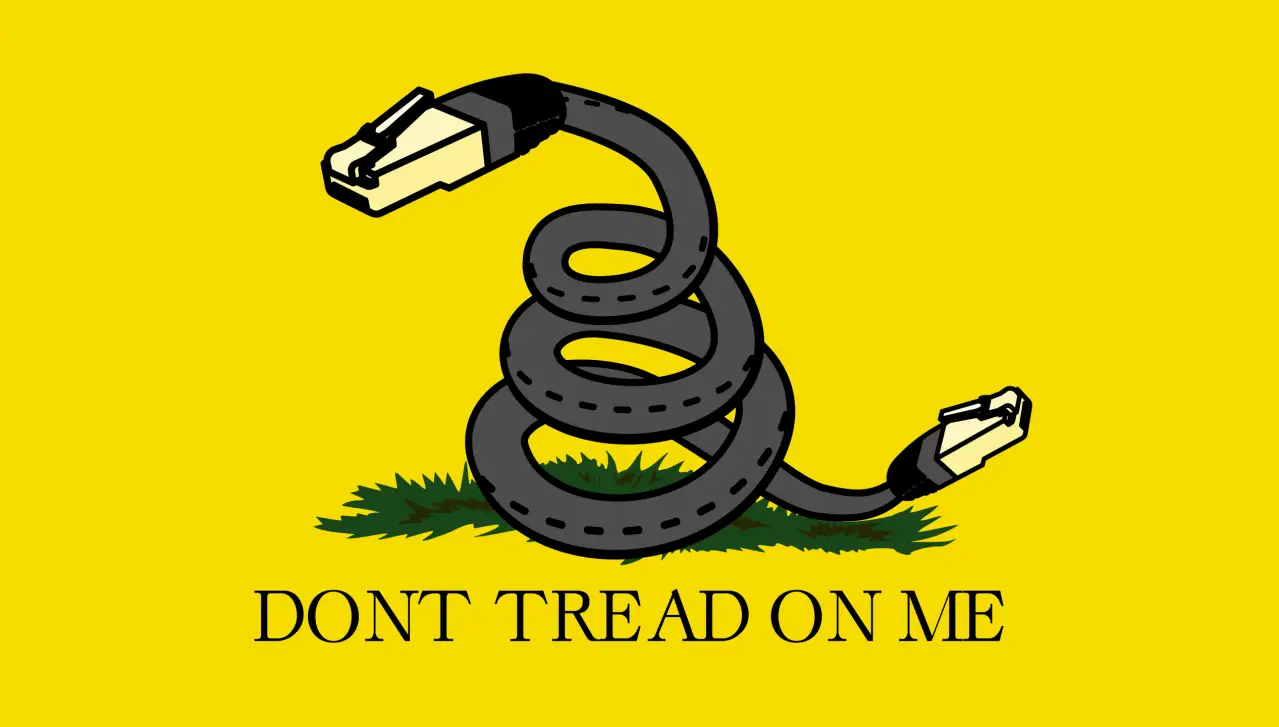Net neutrality is a term that has recently come under the microscope after current Federal Communications Commission (FCC) Chairman Ajit Pai laid out plans on November 21 to disassemble the regulations put into place under the Obama administration. Net neutrality is a surprisingly controversial issue; 22 million public comments have been submitted to the FCC and a man in Syracuse is facing criminal charges after threatening to kill a congressman over net neutrality.
Net neutrality, simply put, is the principle of internet users to be able to reach whatever website, content or application they want without their internet service provider discriminating against websites or services. Under current net neutrality rules, internet service providers can’t slow down internet speeds for certain websites, prevent users from visiting certain websites or redirect users from one site to another. Your ISP can’t slow down your internet speed when visiting streaming sites such as Netflix to control how you access the internet.
Access to the internet is extremely important for college students’ ability to excel as the web is used for studying, academic research and general use. Unfettered internet access is also of high importance to college students who primarily take online classes or do much of their coursework from home, using their own internet access. Having a fast WiFi router might not be enough in this situation, although sites like BlueGadgetTooth can give you a list of the best routers for fiber Internet that you could check out.
Without net neutrality rules in place, college students will likely feel the impact of the lack of these rules as without these rules will create complications for colleges and college students who use the internet daily.
Complaints about how the repeal of current net neutrality rules will affect college students has been submitted to the FCC by the American Association of Community Colleges (AACC), the American Association of State Colleges and Universities (AASCU), American Council on Education (ACE), the Association of American Universities (AAU), the Association of Public and Land-grant Universities (APLU), the Association of Research Libraries (ARL), EDUCAUSE, the National Association of College and University Business Officers (NACUBO) and the National Association of Independent Colleges and Universities (NAICU). In complaining to the FCC about the repeal of net neutrality, these nine organizations are highlighting the importance of college students being aware of this issue and how it will directly impact them in a potentially negative way.
The Creation of “Slow” and “Fast” Lanes
If current net neutrality rules are repealed, internet companies could start slowing down consumers’ internet speeds in order to coerce them into paying a fee for faster speeds. This would create two lanes for internet users: the slow lane in which people don’t or can’t pay a fee for faster internet speeds and the fast lane for people who can afford to pay for better internet speed.
College students who already have a tenuous internet connection at home could be impacted by the slowing of their already slow internet access, which could hinder their ability to do simple academic tasks using the internet like taking tests, studying for exams or submitting assignments online. It could also force them to not have access to the internet at all if speeds are too slow and they can’t afford to pay a fee for faster speeds.
Impacting Those Who Depend on Campus Internet Access
College students whose main internet access source comes from the Wi-Fi their campus has will feel the impact of net neutrality as well. A lack of access to reliable and relatively fast internet access will negatively affect college students who depend on campus Wi-Fi by affecting their academic standing, decreasing their access to resources and hindering their ability to get the most out of their college experience.

In terms of their grades, if campus internet access is compromised, students may have trouble taking online exams and quizzes, submitting assignments on time without lag or accessing the appropriate study materials or coursework. Students may also miss out on online activities such as discussion boards and group project collaboration that occurs with the help of the internet. Furthermore, students could also be potentially missing out on the ability to email and contact their professors or fellow students about pertinent concerns and being able to access visual aids or other media content for particular classes.
Potential Impact to Tuition Rates
If net neutrality is repealed and ISPs begin to slow internet speeds unless a fee is paid, college students could see an increase in tuition. Higher institutions may decide to pay for faster internet for the benefit of their students but the cost of such could be felt by college students by way of increasing tuition. It may not be a substantial increase, but it can be argued that any increase in tuition paid by college students is not wonderful news for their bank account.
Fast and usable internet access for their students is a basic provision colleges should provide but it most likely won’t be cheap should ISPs require payment for functional and speedy internet access. Colleges may also have to pay more to make sure online content like videos will continue being accessible at a reasonable speed for students who use such resources for studying or class assignments.
Timeline of Repeal of Net Neutrality
On December 14, the FCC will convene to vote on the future of current net neutrality rules, disregarding a call from twenty-eight U.S. senators, all Democrats with the exception of Independent Angus King (I-ME) and Independent Bernie Sanders (I-VT), to postpone this meeting due to fake public comments surrounding the issue.
Though even without the postponement of this FCC meeting, don’t expect all these things to happen immediately. It is likely that any changes that occur after a repeal of net neutrality will happen gradually and be felt slowly instead of being immediately implemented and felt by consumers. There is also the expectation that after net neutrality is repealed, it will be challenged in court by groups opposed to the repeal of net neutrality like the American Civil Liberties Union (ACLU) or Public Knowledge.
While the FCC stopped accepting public comments about net neutrality on August 16, concerned citizens can continue to call their congressperson about the repeal of net neutrality here. You may also write to congress and call to help stop the FCC.

















